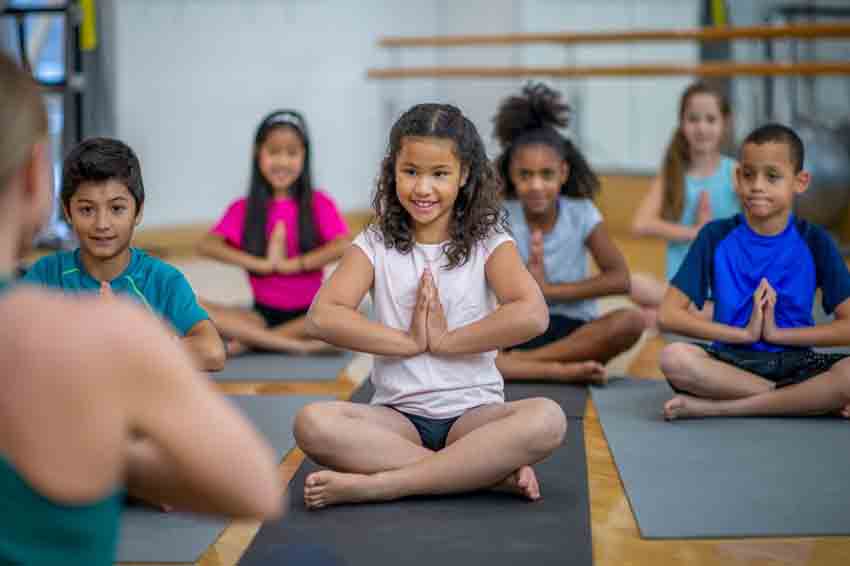 English
English ภาษาไทย
ภาษาไทย
CLC’s Purpose is to educate you about the religion and about the world change like business, health, travel etc.
Benefits of Mindfulness for Students
Share this content.
Students, like adults, feel stressed from time to time. From heavy course loads to full athletic schedules, to social drama and attention deficit, students have a lot going on their minds that makes them anxious. With these issues in mind, let us talk about mindfulness for students and how the practice can benefit them.
What is Mindfulness?
Mindfulness is the practice of bringing full awareness of the present without thinking about the past or the future. It means living in the moment without fear and judgment. You can practice it for a few minutes a day or make it a lifestyle. For example, savoring each bite while having a meal and noticing how your body reacts to food on the table.
Here are some of the benefits you may come to experience:
1. Reduces Stress and Anxiety
People develop stress through internal and external pressure. Internal pressure includes self-criticism and self-doubt while external pressure could be parental influence or peer pressure. By practicing mindfulness, you allow yourself to acknowledge without dwelling on it.
2. Improves Attention and Focus
Paying attention is similar to resource allocation. There’s not much we can focus on at once but with mindfulness practice, you can improve your focus.
3. Improves Cognitive Performance
Mindfulness improves cognitive function when responding to time-sensitive tasks. Students who practice regularly improve learning effectiveness, attention, and memory retention.
4. Better Emotional and Social Intelligence
Students learn better about social interactions and emotional management in their school environment. Some students become more empathetic and emotionally understanding than others.
5. Improves Memory
Mindfulness improves your memory as it involves actively listening actively during lessons, paying better attention to the present, training your awareness to stay focused on the now.
Conclusion
Ideally, mindfulness should be practiced regularly, every day even. This way, you make focusing on what’s in front of you a constant habit so you don’t ruminate on the past and the future.
If you are looking for mindfulness for children, please visit Mindfulness Academy of Asia.












